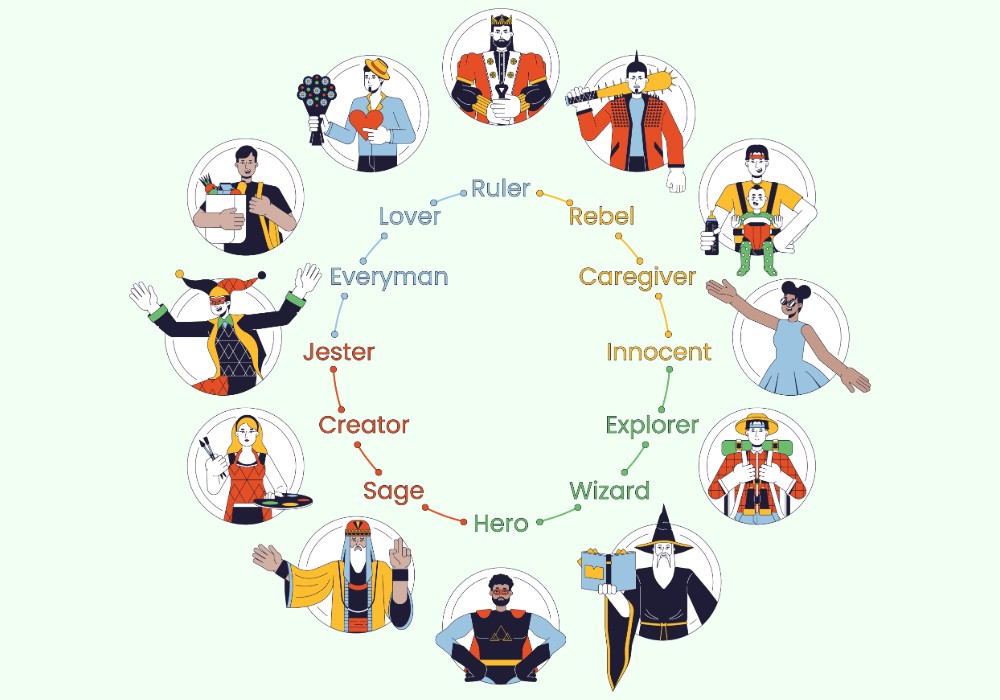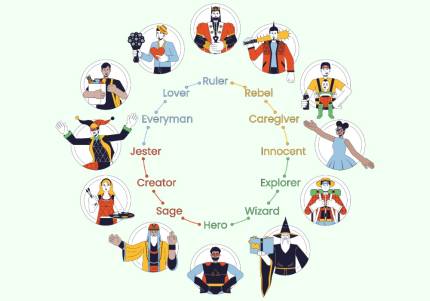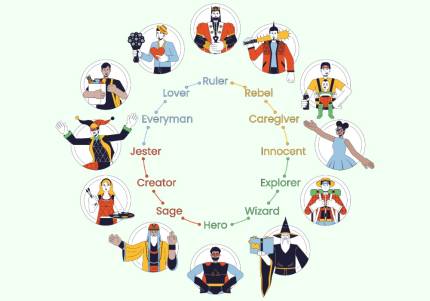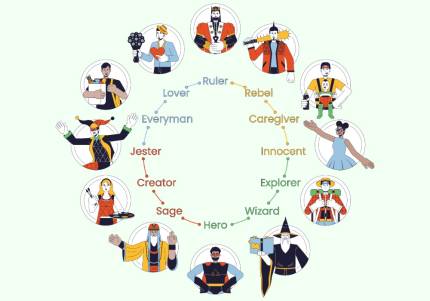Can Your MBTI Personality Type Change Over Time?
- 11 May 2025

Many people become fascinated with personality assessment after taking a free Myers-Briggs test online, but a common question emerges: can your personality type actually change? Understanding the 16 personality types free test results can provide valuable insights into your core traits, yet psychological research suggests some aspects of personality remain stable while others evolve. The MBTI test personality framework has gained widespread popularity for its accessible categorizations, though experts continue to debate the permanence of these classifications.
The MBTI 16 personalities system categorizes individuals into distinct types based on four dichotomies: Extraversion-Introversion, Sensing-Intuition, Thinking-Feeling, and Judging-Perceiving. Taking the MBTI type test at different life stages sometimes yields different results, raising questions about whether personality truly changes or if our self-perception simply evolves. Many researchers recommend also exploring the free big 5 personality test which measures traits along spectrums rather than discrete categories.
The five factor model of personality test (also known as the Big Five) evaluates individuals on Openness, Conscientiousness, Extraversion, Agreeableness, and Neuroticism, with each trait existing on a continuum. A comprehensive personality types test might incorporate both frameworks to provide more nuanced insights. The big five personality test with free results often shows greater stability in scores over time compared to categorical assessments.
Factors That May Influence Personality Change
- Major life transitions (career changes, parenthood, retirement)
- Trauma or significant emotional experiences
- Deliberate personal development efforts
- Therapy or counseling interventions
- Cultural or environmental shifts
Research indicates that while core traits tend to remain stable, their expression may evolve throughout life. The MBTI test 16 personalities test often reveals subtle shifts in preferences rather than complete type reversals. Taking a free personality test with instant results at different life stages might show these gradual changes, particularly in the strength of preferences rather than category switches.
Many personality psychologists suggest that what appears as "change" may actually reflect greater self-awareness and development within your natural type. The personality test MBTI for free platforms typically provide not just type designations but also preference strengths, which commonly fluctuate over time. Development within your natural preferences is different from fundamental personality transformation.
Stability vs. Change Across Different Assessment Models
| Assessment Type | Typically Stable Elements | Elements More Subject to Change |
|---|---|---|
| MBTI 16 personalities for free | Core preferences (especially S/N and T/F) | Expressed behaviors, strength of preferences |
| Big Five | Relative standings on traits | Absolute scores, particularly Neuroticism |
| 16 personality test for free online | General temperament patterns | Coping strategies, communication styles |
Age appears to be a significant factor in personality development, with certain traits following predictable patterns across the lifespan. Taking an MBTI test online for free during different decades might reflect these natural developmental patterns rather than fundamental type changes. Research suggests that Conscientiousness tends to increase with age, while Neuroticism often decreases.
Environmental influences can temporarily affect how you respond on assessments like the 16 personality test for free online, potentially creating the illusion of type change. High-stress periods or major life transitions might temporarily shift how you perceive and report your preferences. Regular self-assessment using tools like the free personality test with instant results can help track these fluctuations.
In conclusion, while your fundamental personality structure likely remains relatively stable throughout life, your self-awareness, behaviors, and preference clarity may evolve significantly. Whether you rely on the MBTI framework or the more academically favored Big Five model, understanding your personality as a dynamic yet anchored aspect of yourself provides the most balanced perspective on personal development.



